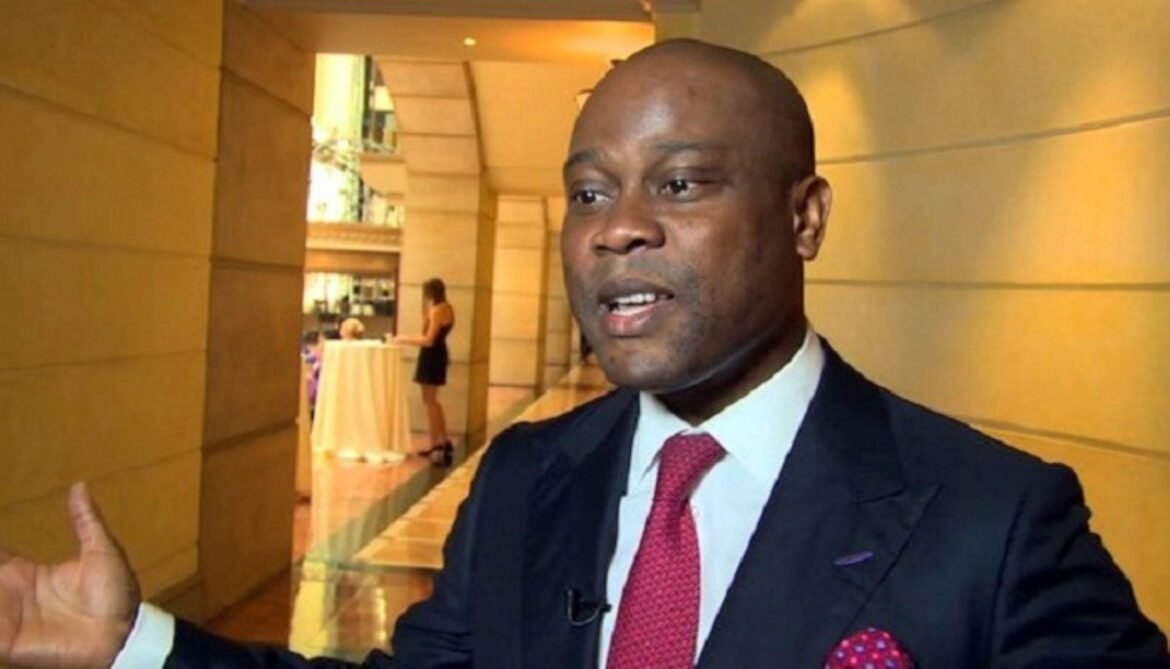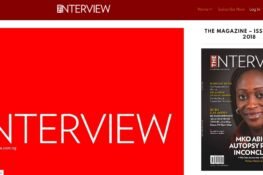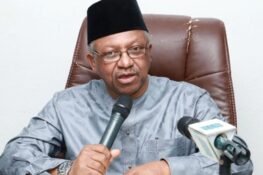The outbreak of the COVID-19 pandemic and subsequent shutting of major economic activities is birthing its first set casualties in terms of jobs losses in the banking sector.
Herbert Wigwe, the chief executive officer of Access Bank, in a video recording of an employee town hall meeting announced plans to lay off a considerable number of staff, apply pay cuts that could be as much as 40 per cent in his own case and not open number of branches of the bank.
The video didn’t state clearly when the town hall was held or whether it was conducted via video link because of the lockdown and social distancing order, rather than in person.
To his employees, Wigwe said, “I think if there is one thing that has come out if this whole lockdown period and that digital is the way forward, is the fact that we will not need the same complement of staff to take us to where we are going.
“It has also shown that non-essential service, particularly from the outsourced staff may not be at the levels that will be required going into the future.
“So, we probably don’t need as many security men as required, even to the fact that we are not going to have all our branches opened between now and December. We certainly don’t need all the security me. We don’t need all the cleaners. We don’t need all the tellers et cetera, et cetera.”
The bank has made no official statement regarding plans to lay off staff, but Wigwe described a category of outsourced staff who don’t fit into the model needed to provide digital services in the near future.
“So, we probably don’t need as many security men as required, even to the fact that we are not going to have all our branches opened between now and December. We certainly don’t need all the security me. We don’t need all the cleaners. We don’t need all the tellers et cetera, et cetera,” he stated.
While Access Bank has 6,898 permanent staff. The number of outsourced staff which the bank CEO said make of 75 per cent of staff strength is not immediately available.
The CEO said, “That number of staff, which represents 75 percent of our staff strength, I think is one we need to basically speak with their employers with a view to getting them to rationalise to levels that we think will be necessary to basically sustain a mean but actually customer-service oriented institution.
“So, we are going to be looking at that as I speak with you today. There are several discussions that could go on with a view to rationalise and bring those numbers to acceptable numbers for an institution giving the days ahead. ”
Regarding planned cost cutting measures, Wigwe said, “The second has to do with our professional cost. Now that is one that is very tricky. And it is tricky because I do understand and appreciate the fact that it is going to bring its own pain to staff.
“We basically have to make the adjustments the same way you sounded when we spoke 10 days ago with respect to cutting down cost. I will be the first to take the heat and I am going to take the largest pay cut, which will be as much as 40 per cent. There rest, I will have to cascade right through the institution.”
There has been no officially stated policy by the federal government to work with the private sector in forestalling any job losses as a result of the pandemic.
The Interview tried to reach out to the minister of state for Labour, Festus Keyamo, for comments on impending job losses in Access Bank and the banking sector, the minister did not respond to text messages sent to his phone.








